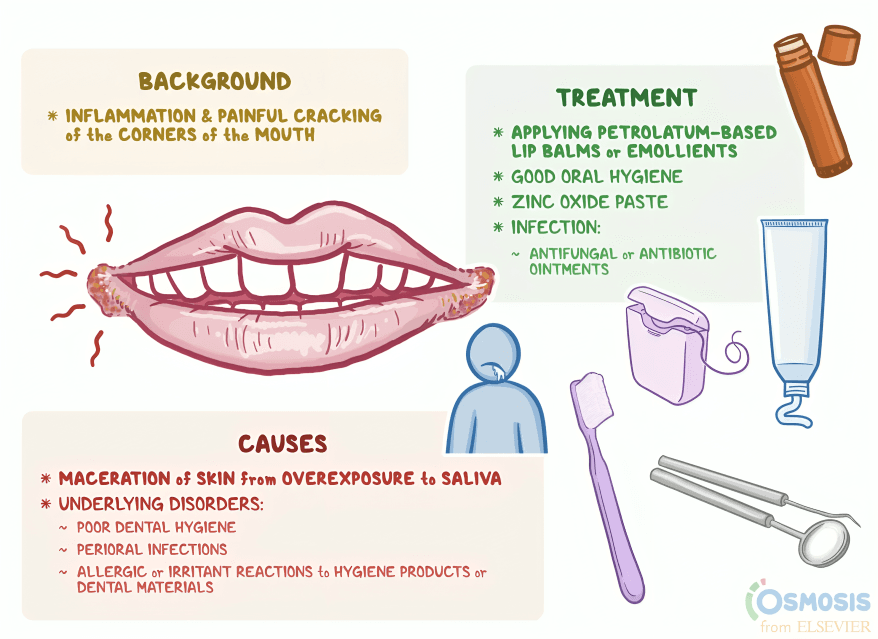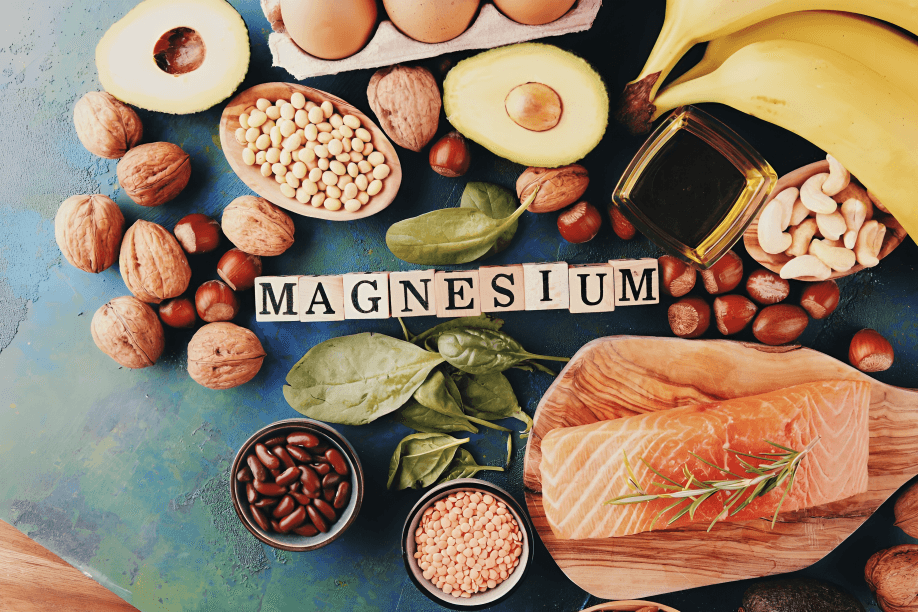
“
Common Vitamin Deficiencies and How to Fix Them can significantly impact your overall health, leading to a wide variety of symptoms and conditions that affect your daily life. Understanding the most common vitamin deficiencies and how to fix them is crucial for maintaining optimal health. By addressing these deficiencies, you can prevent long-term health issues and improve your energy levels, immunity, and overall well-being. 1
1
1
1
”
Constant fatigue, pale skin, and dizziness often signal iron deficiency. Eat more red meat, lentils, spinach, and iron-fortified cereals—pairing them with vitamin C-rich fruits improves iron absorption. 1
Bone aches and muscle weakness, especially with little sun exposure, may mean low vitamin D. Boost levels with salmon, fortified dairy, mushrooms, and moderate sunlight. 2
Tingling limbs, memory issues, and tiredness can indicate vitamin B12 deficiency, common in vegetarians. Add eggs, dairy, meat, or B12-fortified plant milk to your diet. 3

Cracks at mouth corners or a swollen tongue may suggest low riboflavin (B2) or iron. Eggs, lean meat, leafy greens, and fortified cereals can restore these nutrients.
Hair thinning and red, flaky skin around the nose or mouth may point to a lack of biotin (vitamin B7). Eating eggs, almonds, sweet potatoes, and whole grains can restore levels and support healthy hair, skin, and nails.4
If your muscles cramp often, especially at night, you might be low in magnesium, potassium, or calcium. Regularly eating bananas, avocados, dairy products, and nuts can help balance these minerals and reduce cramps. 5
Blurred night vision may not just be aging—it could signal a vitamin A deficiency. Include more carrots, spinach, and sweet potatoes in your diet to help improve night vision and maintain healthy eyes. 6
A weak immune system and wounds that heal slowly can indicate low zinc levels. To boost zinc naturally, eat more seafood, red meat, legumes, and pumpkin seeds, which help support the body’s repair. 7

Frequent nosebleeds and bleeding gums could be signs of a vitamin C deficiency. Increasing your intake of citrus fruits, bell peppers, and strawberries strengthens your blood vessels and gums.
If your mood swings more often or you feel depressed without a clear reason, you might need more vitamin B6. Include foods like turkey, potatoes, bananas, and fortified cereals to support mood regulation and brain function.8
If you’re feeling unusually moody or low without an obvious cause, you could be deficient in folate (vitamin B9). Dark leafy greens, citrus fruits, legumes, and fortified grains can help improve your mood naturally.9

Nails that easily split or break may be a sign of low calcium levels. Strengthen them by eating dairy products, fortified plant-based milk, leafy vegetables, and soft-boned fish like sardines.
A pale tongue or inflammation inside your mouth might signal a deficiency in niacin (vitamin B3). Adding turkey, chicken breast, peanuts, and mushrooms to your meals supports skin, nerve, and digestive health.10
If you bruise easily or experience internal bleeding, you may not be getting enough vitamin K. Leafy green vegetables like kale, spinach, and broccoli are rich in this vitamin and help your blood clot to prevent excessive bleeding.11
Persistent dry, flaky skin may signal low vitamin E and essential fatty acids. Eating almonds, sunflower seeds, spinach, and vegetable oils can naturally improve skin moisture and resilience.12
Frequent headaches and poor focus might indicate choline deficiency. Eggs, chicken, fish, and soybeans support brain health and may improve memory and concentration.13
Feeling cold often, even in warm settings, may mean low iodine is affecting your thyroid. Iodized salt, seaweed, dairy, and seafood can help restore normal body temperature. 14

Muscle twitches or tremors, especially with anxiety, can be due to magnesium deficiency. Nuts, legumes, whole grains, and leafy greens support healthy nerve and muscle function.
If your gums are swollen, spongy, or bleed easily, you might lack vitamin C. Eating more fruits like oranges, kiwis, strawberries, and bell peppers can strengthen gums and support healing. 15
Constant fatigue and shortness of breath may signal a vitamin B6 deficiency. This vitamin helps produce hemoglobin, so eat more tuna, bananas, poultry, and fortified cereals to boost energy. 16


